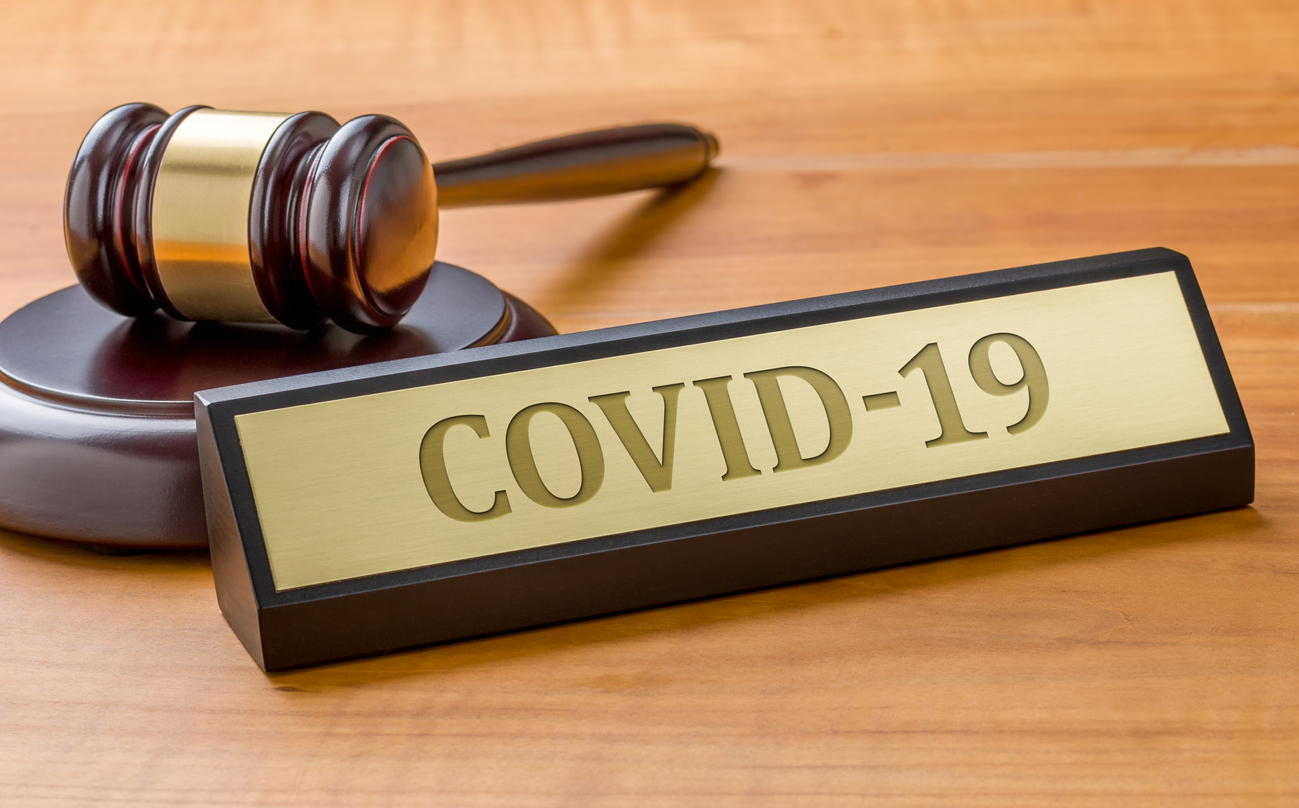In a time where expert reports are more the norm than the exception, it’s important to remember that a great expert report is only as good as the expert delivering it. Delivery here is being used in the sense of delivering a timely, well written report and verbally delivering a succinct explanation of the methodology used to reach the conclusions at a deposition.
Of course, every expert isn’t expected to be Johnny Cochran – with the flow of speech that leaves the trier of fact mesmerized. It is well known that public speaking ranks high on the top ten fears most people have. Preparing an expert for a deposition should be used getting them comfortable speaking about the methodologies so they avoid giving rambling answers that draw a Daubert motion to exclude the opinion. For the engineers, meteorologists, public adjusters, CPAs, and economists helping policyholders prove their claims, here is a refresher on what the attorneys, judges and juries are looking for when they read and hear your opinions:
A Daubert motion is a specific type of motion in limine. It is raised before or during trial, to exclude the presentation of unqualified evidence to the jury. Daubert motions are used to exclude the testimony of an expert witness that does not possess the requisite level of expertise or uses questionable methods to obtain or evaluate data.
A Daubert motion is the outcome of a 1993 Supreme Court case, Daubert v. Merrell Dow Pharmaceuticals.1 Rules 702 and 703 of the Federal Rules of Evidence govern the admission of scientific evidence in federal court. The rules allow expert witnesses greater leniency in their testimony because it is presumed that the expert will have a reliable basis in knowledge and expertise in his field. The Court in Daubert required that trial judges act as a “gatekeeper” and determine the scientific validity of scientific evidence before admitting it. The guidelines in the decision have been expanded to include technical and specialized knowledge testimony.
The testimony of an expert witness must pass two tests for a judge to accept:
1) Reliability:
- Empirical testing: the theory or technique must be falsifiable, refutable, and testable.; subjected to peer review and publication.
- • Known or potential error rate.
- Whether there are standards controlling the technique’s operations.
- Expert’s qualifications.
- Technique and its results be described with plain meaning.
2) Relevancy:
The relevancy of an expert’s testimony is subject to the type of question. For example, a meteorologist may be an expert witness to tell the jury there was a hurricane on the night of the alleged date of loss. However, the expert witness cannot be used to tell the jury that the insurance company adjuster is a lunatic because there was obviously a hurricane that hit the property in question. The judge must act as a gatekeeper to rule out bad testimony.
After the decision in Daubert, Rule 702 was amended to include the additional provisions which state that a witness may only testify if:
- the testimony is based upon sufficient facts or data;
- the testimony is the product of reliable principles and methods; and
- the witness has applied the principles and methods reliably to the facts of the case.
Once certain evidence is excluded by a Daubert motion because it fails to meet the standard, it is unlikely that it will be used again in another trial. Even though a trial court’s ruling on a Daubert motion is not binding on other courts, if some evidence was found lacking, other judges may be persuaded by the trial court reasoning.
1 Daubert v. Merrell Dow Pharms., 509 U.S. 579 (U.S. 1993).


